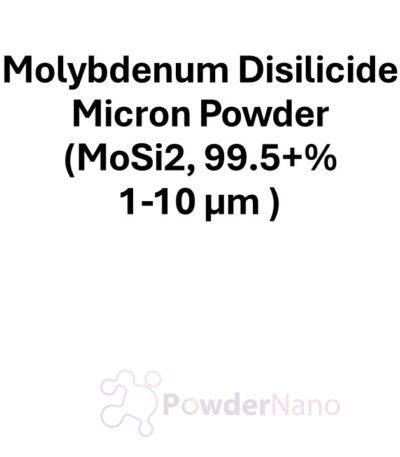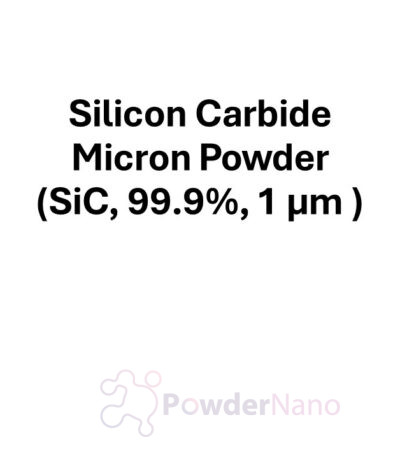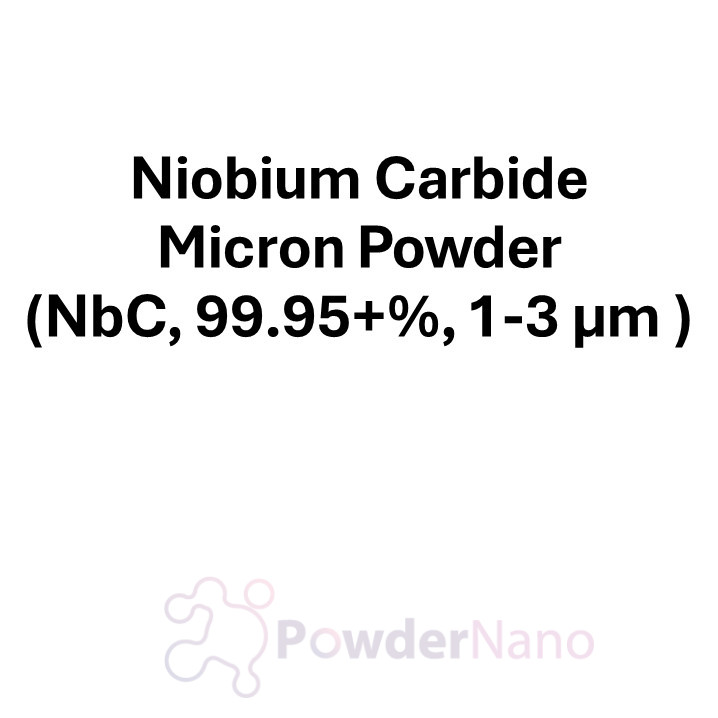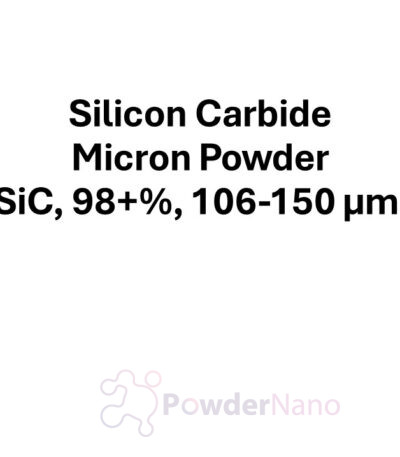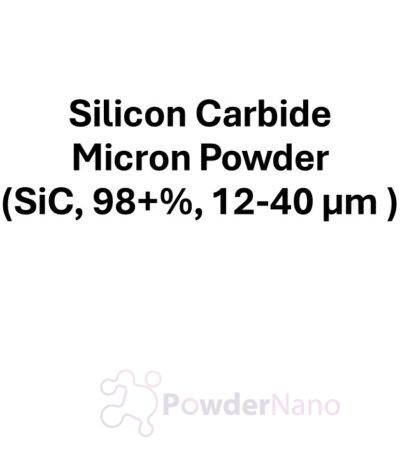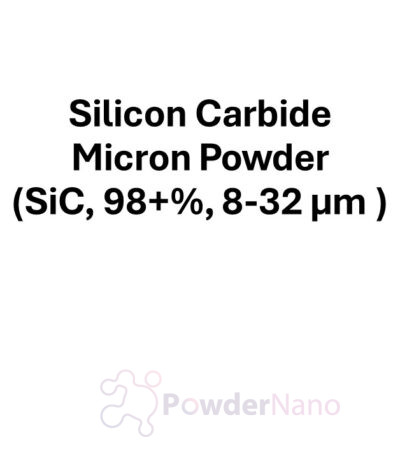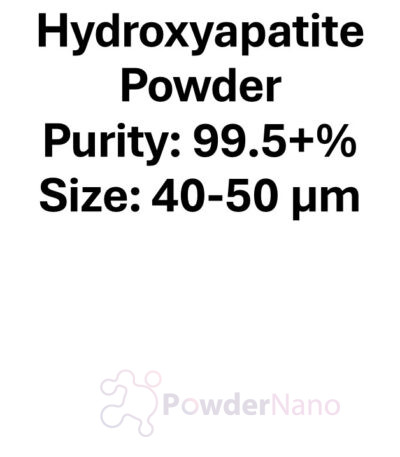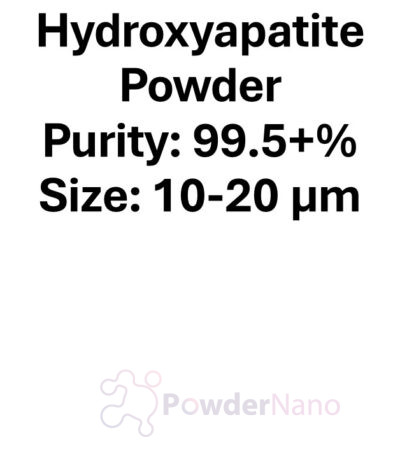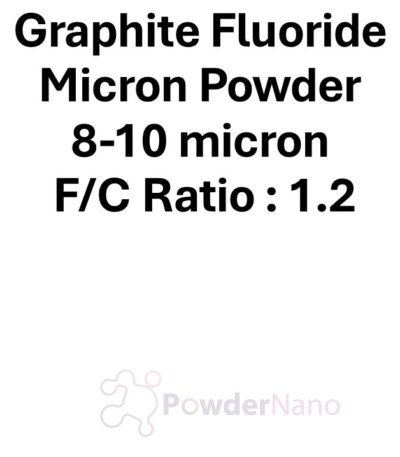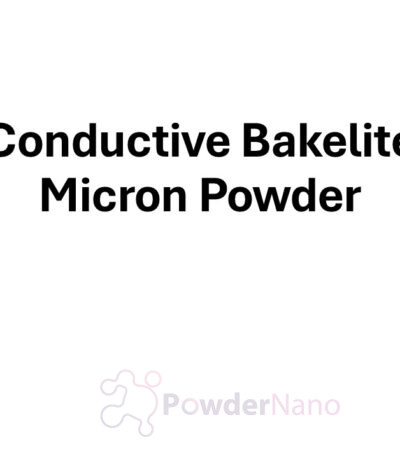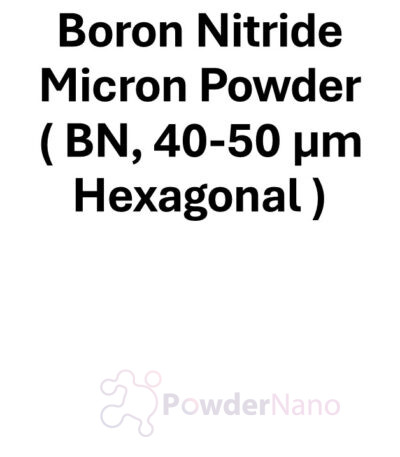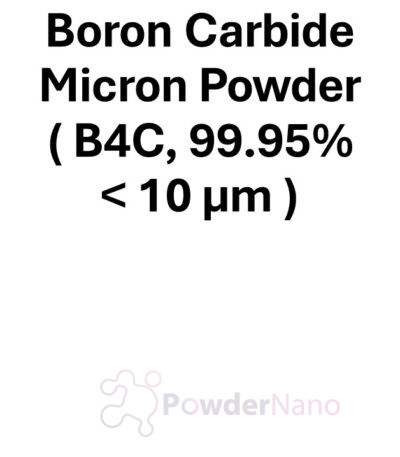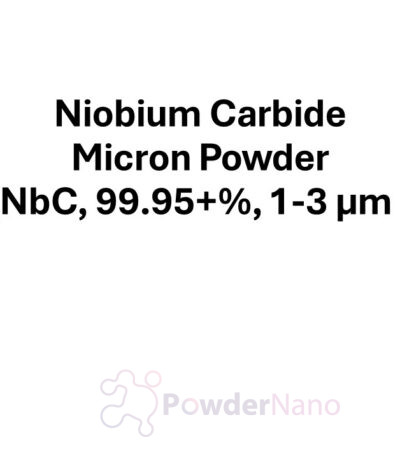Niobium Carbide Micron Powder (NbC, 99.95+, 1-3 µm)
Technical Specifications:
- Material: Niobium Carbide (NbC)
- Purity: 99.95% or higher
- Particle Size: 1-3 µm (microns)
- Shape: Typically irregular or angular, depending on the manufacturing process
- Density: Approximately 8.56 g/cm³
- Melting Point: 3,350°C (6,062°F)
- Boiling Point: Sublimes at approximately 4,700°C (8,492°F)
- Chemical Composition:
- Niobium (Nb): ~79%
- Carbon (C): ~21%
Applications:
- Hardmetal and Cutting Tools:
- Niobium Carbide is known for its extreme hardness and is used in the production of hardmetal composites for cutting tools such as drills, end mills, and taps. It is often used as an additive to tungsten carbide (WC) and other hard materials to improve wear resistance and cutting performance.
- The micron powder is incorporated into cermet materials and coatings to improve the hardness of cutting tools that need to operate under high temperatures and abrasive conditions in metalworking and machining industries.
- Wear-Resistant Coatings:
- Due to its hardness and thermal stability, Niobium Carbide is used in wear-resistant coatings for components exposed to abrasion, erosion, or high-temperature wear. The 1-3 µm powder is typically applied in thermal spraying or PVD/CVD processes to enhance the durability of engine components, mining equipment, conveyor belts, valves, and cutting tools.
- The NbC coatings improve resistance to wear, oxidation, and corrosion in heavy machinery used in high-stress environments.
- High-Temperature Applications:
- Niobium Carbide has an extremely high melting point and is used in high-temperature applications such as aerospace, gas turbines, and nuclear reactors. The micron powder is used in ceramic composites and coatings that need to withstand extreme thermal conditions without degrading or losing structural integrity.
- It is ideal for components such as heat shields, turbine blades, and nozzles that are exposed to high-velocity gas flows and extreme temperatures.
- Superalloys:
- Niobium Carbide is used as an additive to superalloys in industries such as aerospace and defense. It enhances the high-temperature strength, creep resistance, and oxidation resistance of alloys used in jet engines, gas turbines, and rocket engines.
- The 1-3 µm powder is mixed into metal matrices to produce tough, high-performance alloys capable of operating at extremely high temperatures and under high mechanical stress.
- Catalysis:
- Niobium Carbide has catalytic properties and is used as a catalyst or catalyst support in chemical reactions. It is used in hydrogenation, dehydrogenation, and methanation reactions in the petrochemical industry.
- The micron powder form is used to improve reaction efficiency, selectivity, and catalytic stability in industrial catalytic processes.
- Electronic Applications:
- Niobium Carbide is used in electronic devices due to its high conductivity and thermal stability. The material is utilized in electrodes, capacitors, resistors, and varistors for power electronics that operate under high voltage and temperature.
- The micron powder is used to produce high-performance films or composites for high-frequency and high-power electronic components in the telecommunications, defense, and automotive industries.
- Nuclear Industry:
- Niobium Carbide is used in the nuclear industry for reactor components that must withstand high radiation and extreme temperatures. NbC is used in fuel cladding, control rods, and structural components of nuclear reactors.
- The micron powder contributes to improving the performance of materials used in nuclear power plants, providing high resistance to radiation-induced damage and enhancing the safety of reactor operations.
- Sintered Components:
- Niobium Carbide is used in sintered components for wear-resistant applications in metalworking, mining, and automotive industries. The micron powder is compacted and sintered to produce high-hardness components used in drills, bits, sliding parts, and abrasive tools.
- The hardness and thermal stability of NbC make it ideal for use in abrasive machining and cutting processes.
- Coatings for High-Performance Tools:
- Niobium Carbide is used to create high-performance coatings for cutting tools, molds, and dies that need to endure high friction and abrasive wear. The micron powder is deposited as a hard carbide layer on tool surfaces to provide longer tool life and improve performance in precision machining applications.
- These coatings are particularly beneficial in machining tough materials such as stainless steel, titanium, and composite materials.
- Research and Development:
- Niobium Carbide micron powder is widely used in research and development for the creation of new advanced materials, high-performance coatings, and catalytic systems. Researchers use NbC powder to explore its potential in nanoengineering, high-temperature applications, electronic devices, and energy-efficient technologies.
- It is particularly useful in the development of next-generation materials for aerospace, defense, and energy sectors, where high thermal, mechanical, and electrical properties are required.
Niobium Carbide Micron Powder (NbC, 99.95%, 1-3 µm) is a high-performance material with exceptional hardness, thermal stability, oxidation resistance, and electrical conductivity. It is used across a variety of industries, including aerospace, automotive, electronics, materials science, and chemical processing, for applications requiring extreme durability and resistance to wear, high temperatures, and abrasion. The micron powder ensures precise integration into coatings, composites, and catalysts, allowing for the development of next-generation technologies in cutting tools, high-performance alloys, wear-resistant components, and electrochemical devices.
